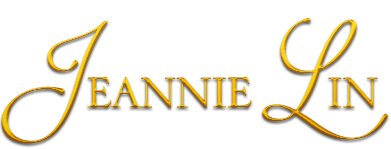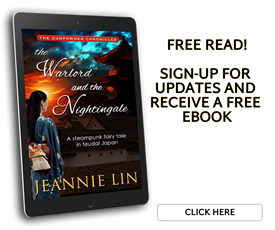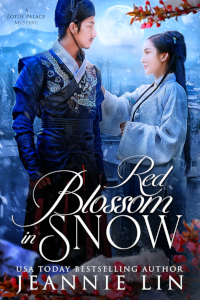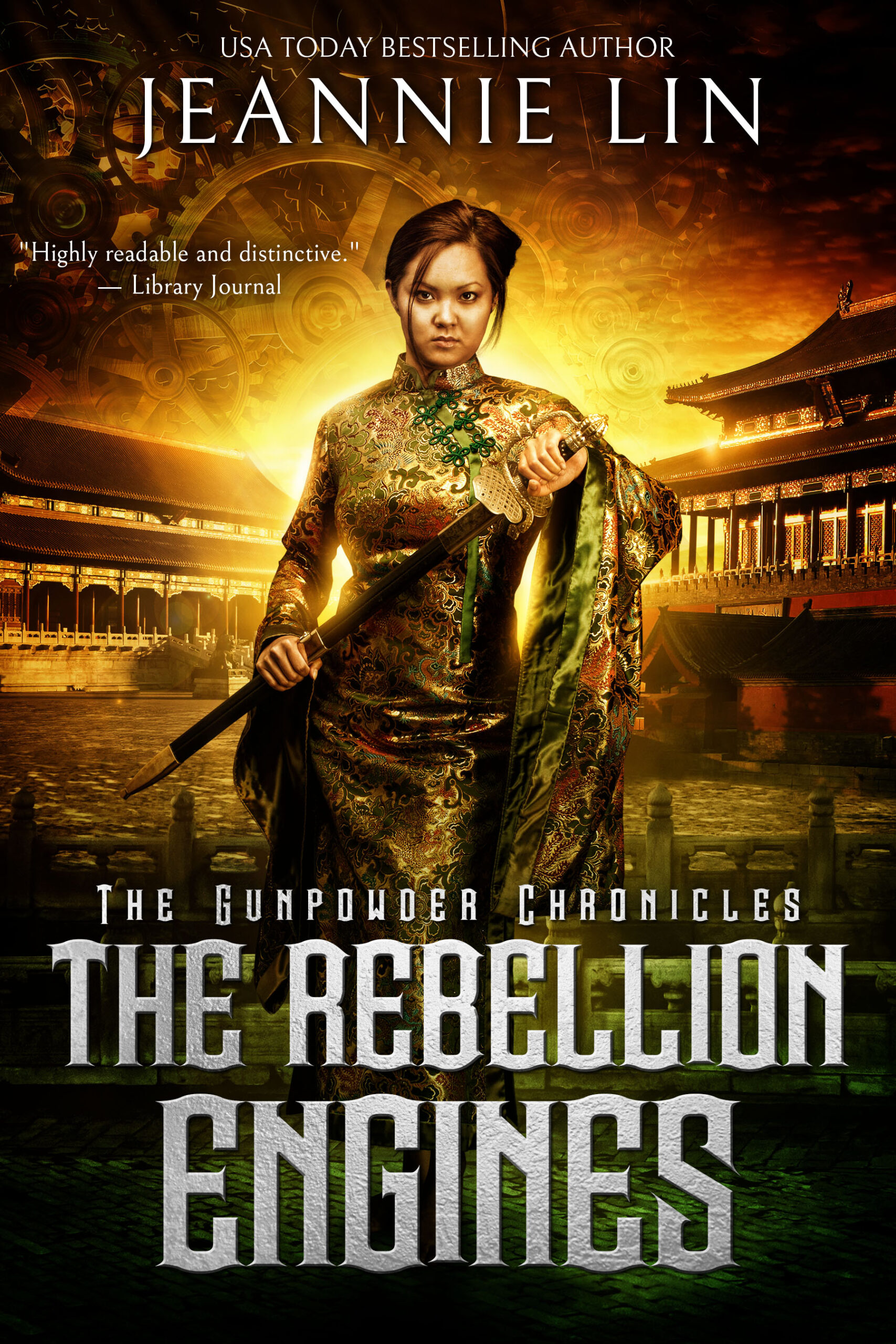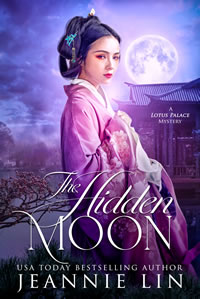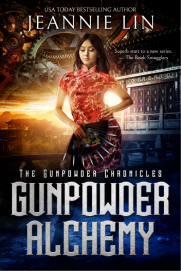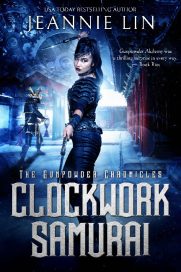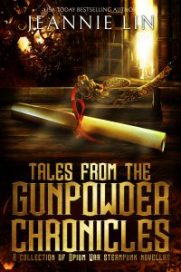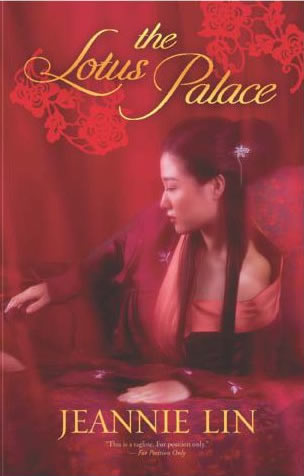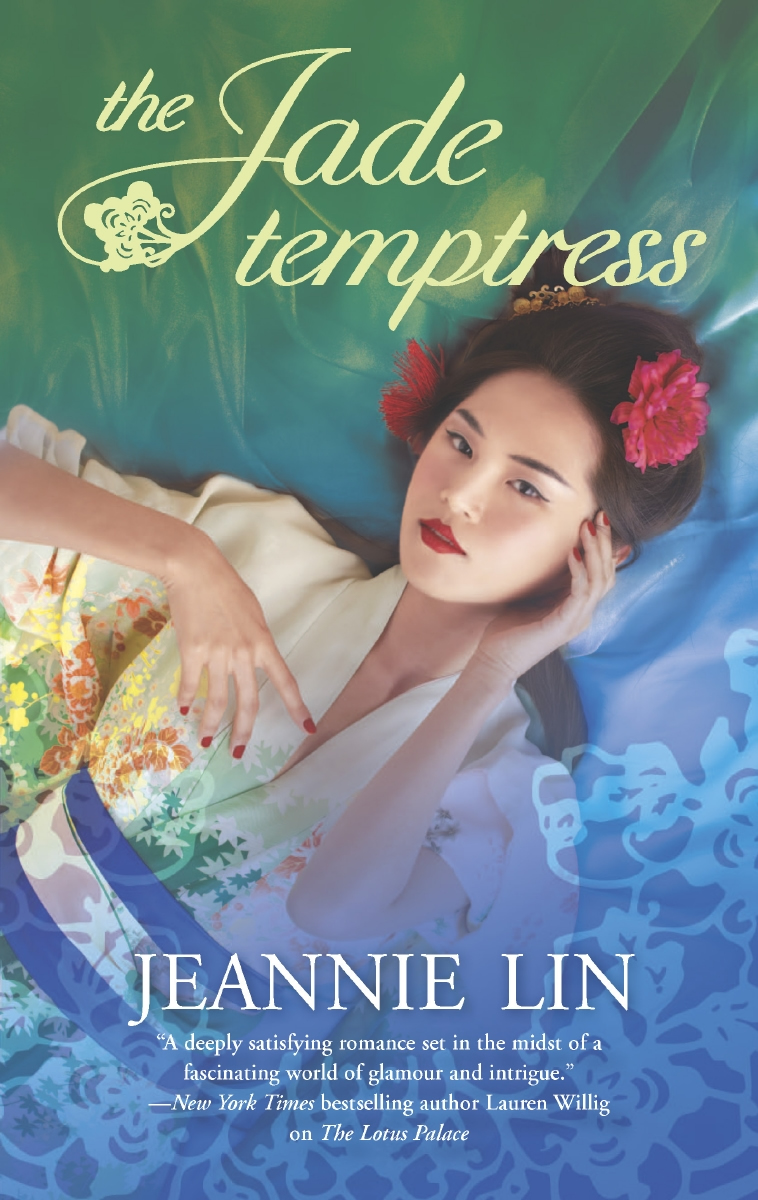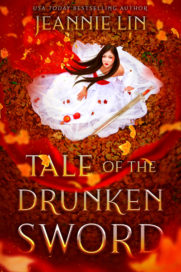I’m a mentor for the Harlequin Mills & Boon New Voices contest and my assigned finalist and I just spent a fast and furious weekend working on Chapter 2. Now, as a mentor, I’m supposed to answer questions and help guide the finalist through the revision and submission process for the contest, but I found that I learned quite a lot while working with her.
First of all, I know that the editors saw “something” in her as an author based on her chapter. I read the chapter myself and formed my own thoughts about her strengths and possible weaknesses before engaging her. I can honestly say I really liked the first chapter. I loved the scenario, I loved her characterizations. The hero had that je ne sais quois hero appeal. The setting showed great promise even from the first chapter. But the fact that the M&B editors selected this chapter clued me in that they definitely saw something publishable about the writing.
See there’s good writing and there’s writing that gets noticed. I always say that good writing isn’t enough. There are a lot of good writers out there competing in that slush pile. Good writing is par for the course.
As I was working with my finalist (See my switch to possessive there? She’s mine…mine!), I reflected on what was working for me in her second chapter and where I thought I would make suggestions. As a mentor, it felt like I was assigned to a writer that already had some chops. It was more my role to assess and to guide and focus rather than to teach.
And then I thought about teaching. What things are really hard to teach because really there are elements writers just have to take back to the bat cave and hash out for a while before they figure it out themselves? Now I love to teach. That’s why I love doing workshops on writing. Teaching doesn’t mean you KNOW. It means you’re THINKING. And I’m always thinking and evaluating what works.
Well, as I was reading Chapter 2, I found I was really pleased because the finalist did seem to have a grasp of those elements that were very hard to teach. That were ephemeral and unique to each writer. It made me wonder, is that what agents and editors are looking for? I mean, every one will tell you a list of what they are looking for — and those lists are ephemeral and unique to each agent/editor. A great story, is the only thing they’ll universally settle on.
Perhaps they’re looking for those things that can’t…or are very hard to teach. No manuscript comes in perfect. I definitely don’t think the first manuscript I sold or any there after was even near perfect. But of the many possible flaws a manuscript can have, there are deal breakers and there are things that are fixable–at least in an editor’s eyes. (Whenever I talk about editors or agents, I’m just supposing, BTW. I don’t know what makes them tick or what their selection process is, but as someone who queried and submitted and took in nearly a hundred rejections before selling, you can bet I spent a lot of time trying to figure it out.)
For me, these were the elements that I really appreciate seeing. These were the things I don’t think I could have taught her in the short amount of time we have:
Deep characterization
I know we usually talk about POV and POV is a part of this perhaps. So often when you get a manuscript critique, people talk about whether they “liked” or didn’t like a hero or heroine. These are valid reader responses, but what does that mean to a writer trying to improve? Like is so subjective and it’s so easy to dismiss dislike as a subjective response of that particular reader. So I’m not talking about like or sympathy or identification. Those things are…ta da…fixable! I’m talking about the ability to really get close to a character. To not hold back or be distant, but get into their minds and see what’s happening. You can complain that an author has created someone you didn’t really like, didn’t really feel for, etc. But is the root cause that the character feels distant to you? Sort of walled off and impenetrable? I’m not saying their traits consist of being walled off and impenetrable–cause come on…that would take away half the romance hero population! I’m saying the execution of the character makes them seem flat and distant. The execution is holding back. My finalist wasn’t afraid to go in deep and get close and personal with her character’s psyches. As a mentor, that meant I could go in and comment on specific behaviors that might or might not work, but I wasn’t commenting on how to make it work. I could trust my finalist to make those decisions herself.
Romantic tension/Emotionality
This may be an offshoot of deep characterization, but I think it’s separate. It’s the interplaying of the characters so the emotions come out. It’s the selection of dialogue and setting and situation to bring out those feelings. Because there are a lot of choices as a writer. Sometimes a scene is trying to get from point A to point B. Sometimes we’re setting up danger and adventure and a bunch of other things. So romantic tension or emotionality is having that compass continually pointed to highlighting emotions. It may not be necessary for all genres, but it’s critical for romance. I’ve read scenes that were supposed to be emotional that fell flat — so it’s not as obvious and easy as you would think. In fact, it’s not easy at all. It can be taught. It can be practiced and mastered, but if a submission doesn’t show that core is there, then it’s a non-starter. As a mentor, I can point out spots where it would be good to bring out more emotion, but it would be much harder to try to explain how to get that emotion onto the page, especially with someone else’s setup, characters and prose. Fortunately, I didn’t have to.
Distinctiveness
I say this all the time in my workshops. It’s something that can’t be taught so the explanation is very quick. I can’t teach you how to do that voodoo that you do, I can only say…give me more! Highlight it. Focus it. Word choices, perspectives, descriptions can’t be cliched or generic. I don’t think you get past first base if you’re generic — no matter how sparkling your grammar may be.
Turning a Scene
There’s probably some special term for this that I don’t know yet, so I have to explain. Sometimes you read a scene and it’s good and it does what it’s supposed to do. But there’s something special in a scene that has some levels to it. Having a high point or a low point, depending on the scene, is one part of it and a necessary part. But sometimes a scene can really benefit from being turned. From having something unexpected happen — I’m not saying shocking, explosive, a monster just busted through the wall and kidnapped your girl. Sometimes a bit of dialogue can just turn a scene and make it deeper than it would have been. Make is something special. It might be better if it’s NOT a big occurrence. If it seems natural. I value my Little Sis as a critique partner because she doesn’t tell me if my scenes are passable or how to fix them. She gives comments that will turn a scene. I don’t know how you tell someone to do this if it’s not there. I think my mentee/finalist knew instinctively that a scene should have these levels. That there are ways to turn it around a little. Leave something unsettled. Make what you thought was going to be cut and dry a little bit more special.
Ability to take direction
You can’t tell this from a page, only from working back and forth with someone. Perhaps this is why M&B thought New Voices would be a good way to find new authors. I think every writer must be able to take feedback and make revisions, but the ones with staying power are really able to take some basic suggestions and really run with it and not be afraid to play around, to break things, to sew them back up. I don’t think you can teach this at all. It’s about whether they have the instincts and the strength of will to hold onto their own sensibilities and make the improvements their own. Sometimes it’s hard to know if you’ve been clear enough in your feedback. Were you too verbose? Too dictatorial? Or worse, were you too vague? As a mentor, you don’t want to tell the finalist how to write their entries and you don’t know until you get the revisions back whether you truly were able to help or not. My editor never tells me what to write or how to change things…only that things need change. The how is always up to me.
I’m crossing my fingers that my finalist makes it to the next round, but I hope that no matter what, she’s learned something from the process. I know I did.
